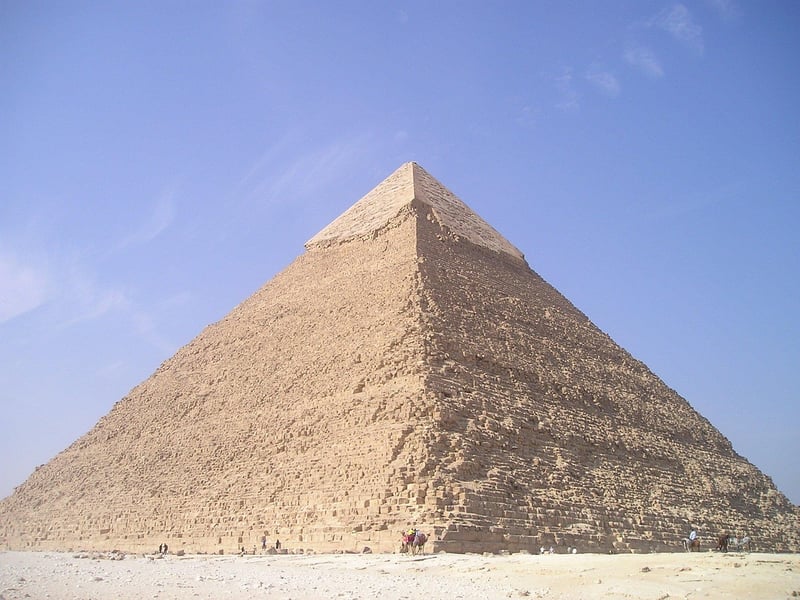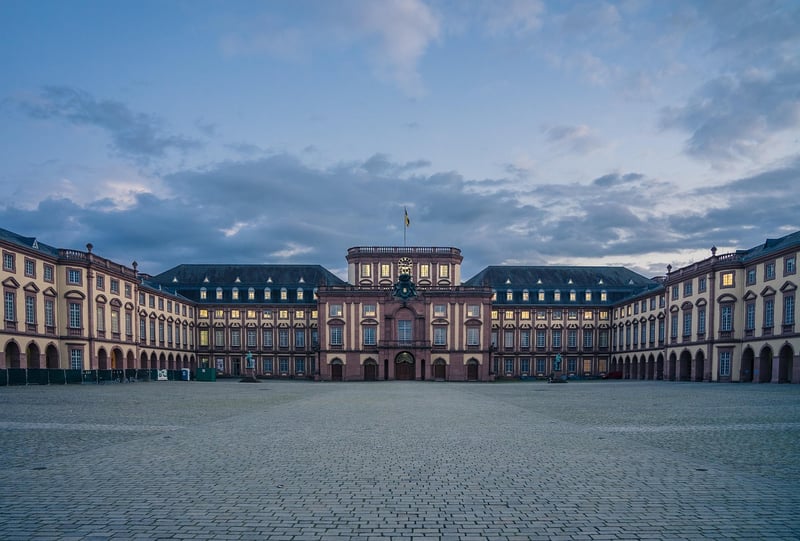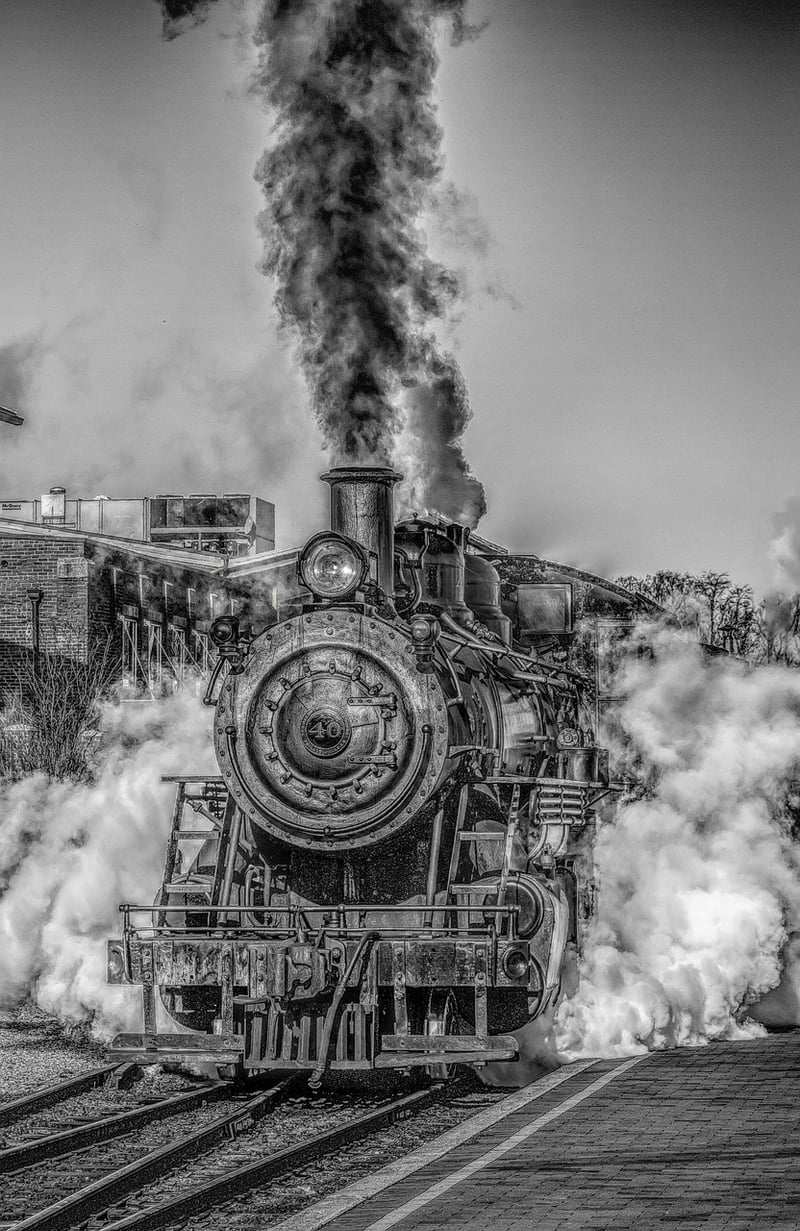Future Exploration
Exploring Different Eras and Future Exploration
Introduction
Exploring different eras allows us to delve into the past and understand how civilizations have evolved over time. It provides insights into culture, technology, and society, shaping our present and future. Let's take a journey through various historical periods and ponder the possibilities of future exploration.
Ancient Era
The ancient era, encompassing civilizations like the Egyptians, Greeks, and Romans, laid the foundation for modern society. From the majestic pyramids of Giza to the philosophical teachings of Socrates, this era is rich in history and knowledge.

Medieval Era
The medieval era, with knights, castles, and feudalism, shaped Europe's landscape. It was a time of chivalry, crusades, and remarkable architectural feats like the Gothic cathedrals.

Industrial Revolution
The Industrial Revolution marked a significant shift with the mechanization of production and urbanization. Inventions like the steam engine revolutionized transportation and manufacturing processes.

Modern Era
The modern era, characterized by globalization, technology, and rapid advancements, has reshaped how we live and interact. From space exploration to the internet, this era has propelled humanity into the digital age.

Future Exploration
Looking ahead, the future of exploration holds endless possibilities. From space tourism to deep-sea exploration, humans are pushing boundaries and seeking answers to the unknown. Advancements in AI, renewable energy, and biotechnology are shaping how we approach exploration.
Key Areas of Future Exploration:
- Space Exploration: Mars colonization, asteroid mining
- Artificial Intelligence: Robotics, autonomous vehicles
- Renewable Energy: Solar, wind, and hydroelectric power
- Biotechnology: Genetic engineering, medical advancements
As we navigate through different eras and embrace the future of exploration, one thing remains constant – the human spirit of curiosity and innovation driving us to new horizons.
